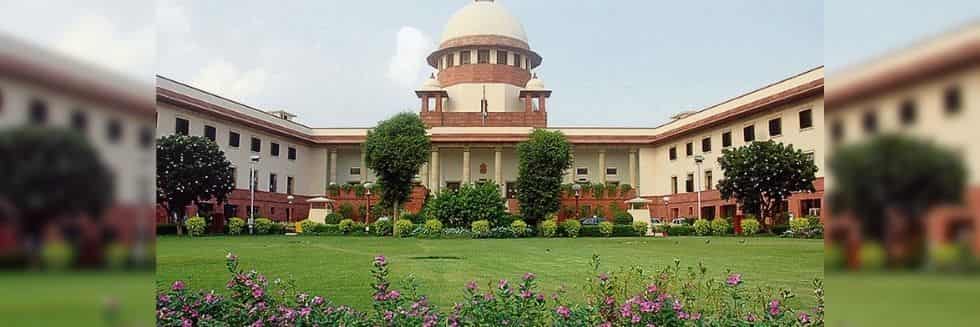While dissolving a marriage, the Supreme Court noted that consent of the parties is not necessary to order the dissolution of marriage on the ground of irretrievable breakdown under Article 142 of the Constitution.
In the instant case, the High Court had reversed a divorce decree granted by the family court. The family court had allowed husband’s petition seeking divorce on the ground of cruelty.
The top court observed that there is nothing which is made out to justify a decree of dissolution of marriage on the ground of cruelty. It was also noted that the couple has been living separately since 18 January 2000, for more than 22 years.
Since this is not a case where both parties are agreeable for dissolution by way of irretrievable breakdown of marriage. The issue considered in the case was whether the consent of the parties is necessary to order the dissolution of marriage on the ground of irretrievable breakdown.
The apex court referred to the judgments in R. Srinivas Kumar v. R. Shametha(2019) 9 SCC 409, Munish Kakkar v. Nidhi Kakkar (2020) 14 SCC 657, Sivasankaran v. Santhimeenal 2021 SCC Online SC 702 while noting that consent of the parties is not necessary for the dissolution of a marriage.
“Now so far as submission on behalf of the respondent wife that unless there is a consent by both the parties, even in exercise of powers under Article 142 of the Constitution of India the marriage cannot be dissolved on the ground of irretrievable breakdown of marriage is concerned, the aforesaid has no substance. If both the parties to the marriage agree for separation permanently and/or consent for divorce, in that case, certainly both the parties can move the competent court for a decree of divorce by mutual consent. Only in a case where one of the parties do not agree and give consent, only then the powers under Article 142 of the Constitution of India are required to be invoked to do substantial justice between the parties, considering the facts and circumstances of the case. However, at the same time, the interest of the wife is also required to be protected financially so that she may not have to suffer financially in future and she may not have to depend upon others,” the court had held in R. Srinivas Kumar v. R. Shametha(2019) 9 SCC 409 case.”
The bench dissolved the marriage and noted,
“Not even the slightest possibility of rapprochement between the appellant and the respondent exists for reasons though which are entirely due to the actions of the appellant and for which the respondent cannot be blamed. The marriage between the appellant and the respondent has become dead. It can be described as a point of no return. There is no possibility of the appellant and the respondent stitching together any kind of a reasonable relationship as the tie between the parties has broken beyond repair and having regard to the facts of this case, we would think that it would be in the interest of justice and to do complete justice to the parties that we should pass an order dissolving the marriage between the appellant and the respondent.”






